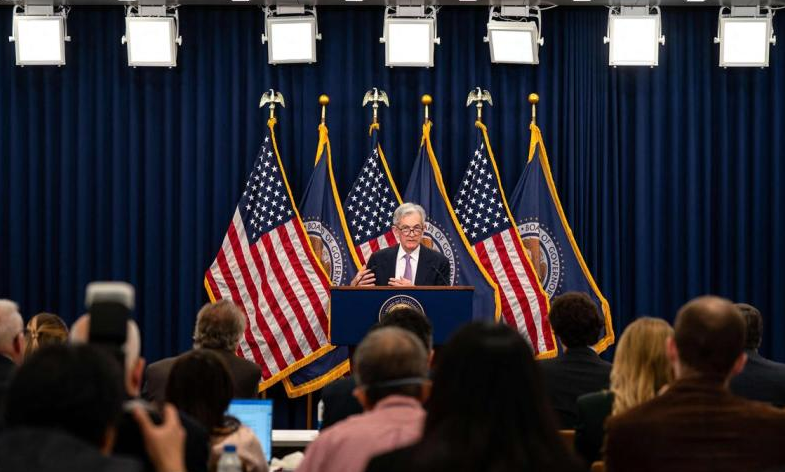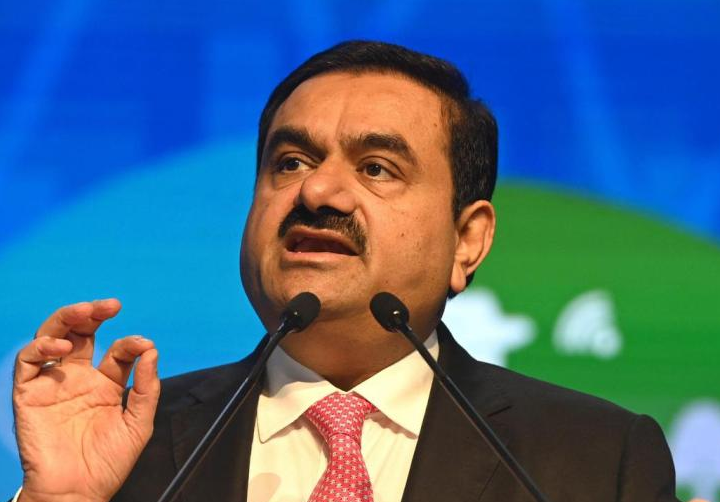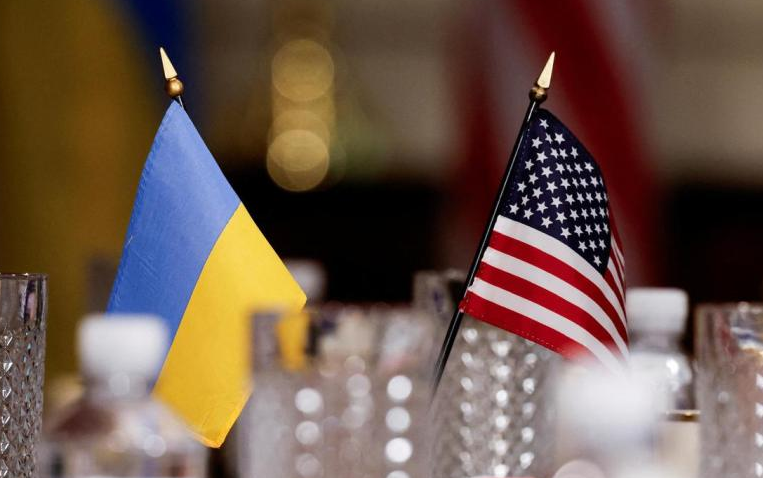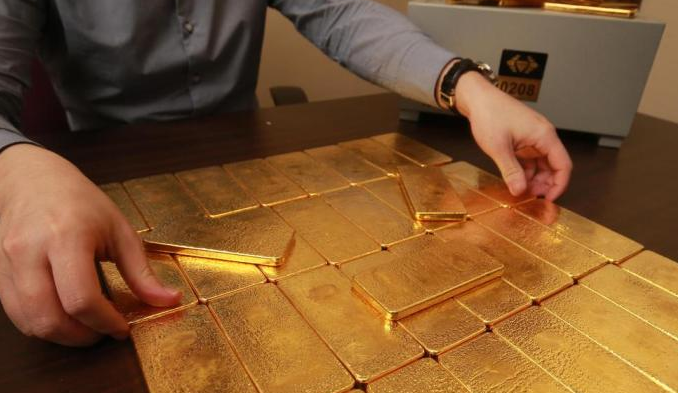
Joseph S. Nye, Jr., a distinguished honorary professor at Harvard University, predicted that in the future of the Trump 2.0 era, the United States will still have an advantage in the competition with China due to factors such as geography, population, technology, soft power, and international alliances.
Former U.S. President Trump won the presidential election again, and Joseph S. Nye made the above statements on Thursday (November 7) at the “22nd Vision Summit 2024” in a video speech titled “The Impact of the New U.S. President on the Future American Era and the World”.
Nye believes that after Trump regains the White House, the world will enter the Trump 2.0 era, which will have a significant impact on Europe, leading to increased defense burdens, while the security situation in Asia is not expected to change significantly.
Using the example of the ongoing Russia-Ukraine conflict for over two years, Nye mentioned that with Trump back in office, U.S. military support for Ukraine is likely to weaken. He stated, “Trump claims he will solve the war in one day, which is obviously an exaggeration. But the negotiations for peace will inevitably weaken Zelensky’s negotiating position.”
Nye predicts that Trump’s Asia strategy will likely be more consistent, as U.S. national security is based on competition with China and Russia, a consensus already reached in Washington. Therefore, the rivalry between the U.S., China, and Russia will remain a major focus in Trump’s second term, potentially expanding to include economic competition.
He mentioned that Trump adheres to protectionism, with renowned conservative Robert Lighthizer as one of his international trade advisors. Nye expects to see more tariff battles, questioning the extent to which they will escalate, and hoping they will not develop into a full-scale trade war.
Nye also warned Taiwan that in Trump’s second term, the attitude towards Taiwan will focus more on “transactional” interactions, with minor changes in arms sales to Taiwan. However, Taiwan may face more pressure, including tariffs and technological bans from mainland China.
Joseph S. Nye, the founder of the Vision and World Cultural Group, asked about the likelihood of a military conflict erupting in the Taiwan Strait in the next four years.
Joseph S. Nye responded by stating that the military goals set by Chinese President Xi Jinping for the People’s Liberation Army by 2027 have led some to interpret them as preparations for an invasion of Taiwan. However, most experts believe that China may not be able to take such action by 2027, so the likelihood of conflict is not high.
Nye emphasized the importance of maintaining the status quo, buying time for Taiwan to preserve democracy, human rights, and self-determination, while closely monitoring developments in mainland China. He suggested that the U.S. continue with a strategy of “double deterrence” to prevent the mainland from using force and to deter Taiwan from declaring independence, thus avoiding giving the mainland a reason to intervene militarily.
Academician Wu Yushan from the Taiwan Central Research Institute, who participated in the discussion, further pointed out that the U.S. has become quite Trumpized. Trump not only leads in electoral votes, but also won an overwhelming victory in the popular vote by about 52% to 47%, a margin similar to Biden’s advantage over Trump four years ago, marking the second-highest vote count in U.S. history, second only to Biden at that time. This indicates that Trump’s support base has not disintegrated since the last election.
Wu Yushan analyzed the roots of Trumpism from the perspectives of hegemonic competition, protectionism, and right-wing populism. He mentioned that Trumpism has prevailed in the three elections since 2016. From many aspects, Vice President Harris can also be considered a “mini Trump.” In a Trumpized America, the biggest victims will be liberalism and its allies.
Looking ahead, Wu Yushan believes that China will continue to expand its influence, challenging U.S. hegemony, while U.S. industries will face ongoing challenges from trade rivals. Especially with the rapid development of AI technology industries, the wealth gap in the U.S. is expected to widen further.
He mentioned that with the factors that have contributed to the growth of Trumpism still present, Trumpism will continue to evolve, attracting the public and forcing Republicans to accept its agenda, and possibly even pushing Democrats to align with its policies.









